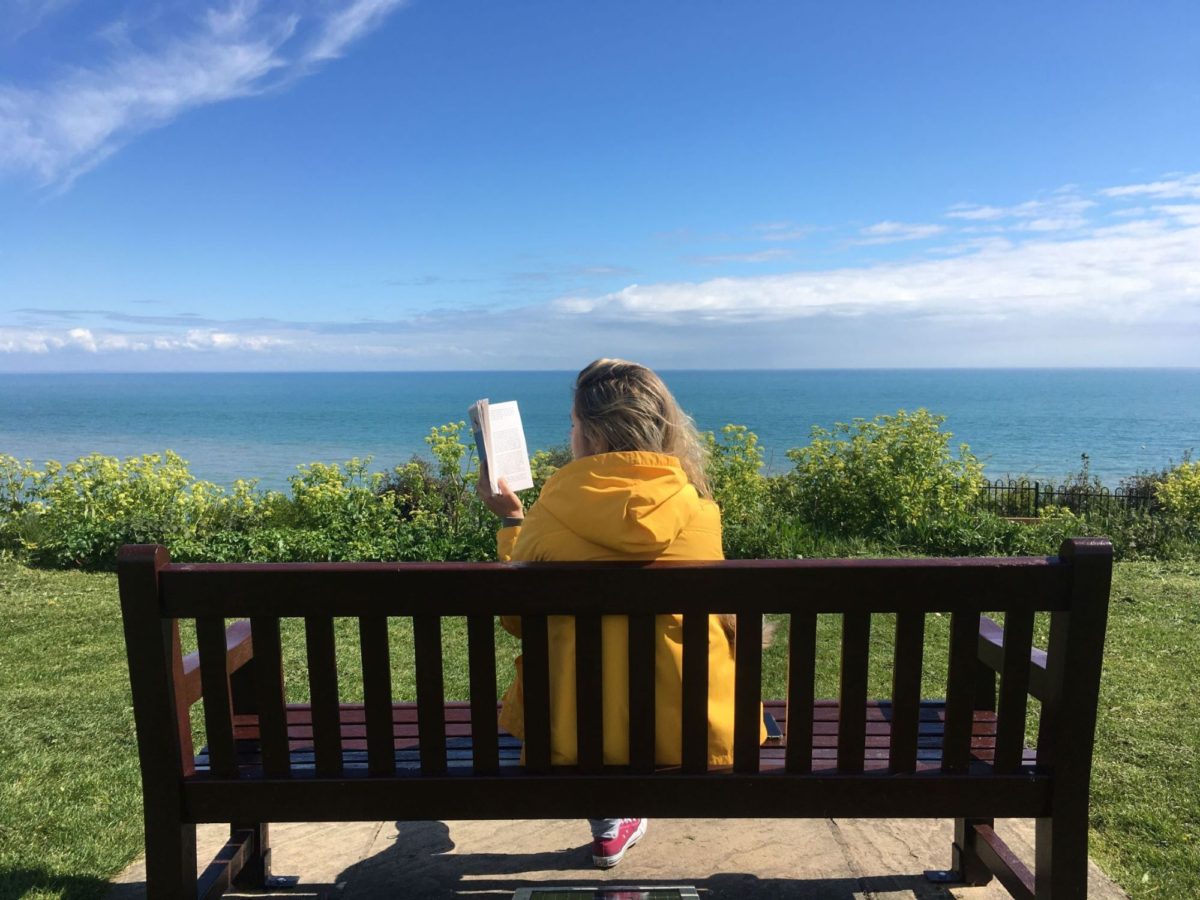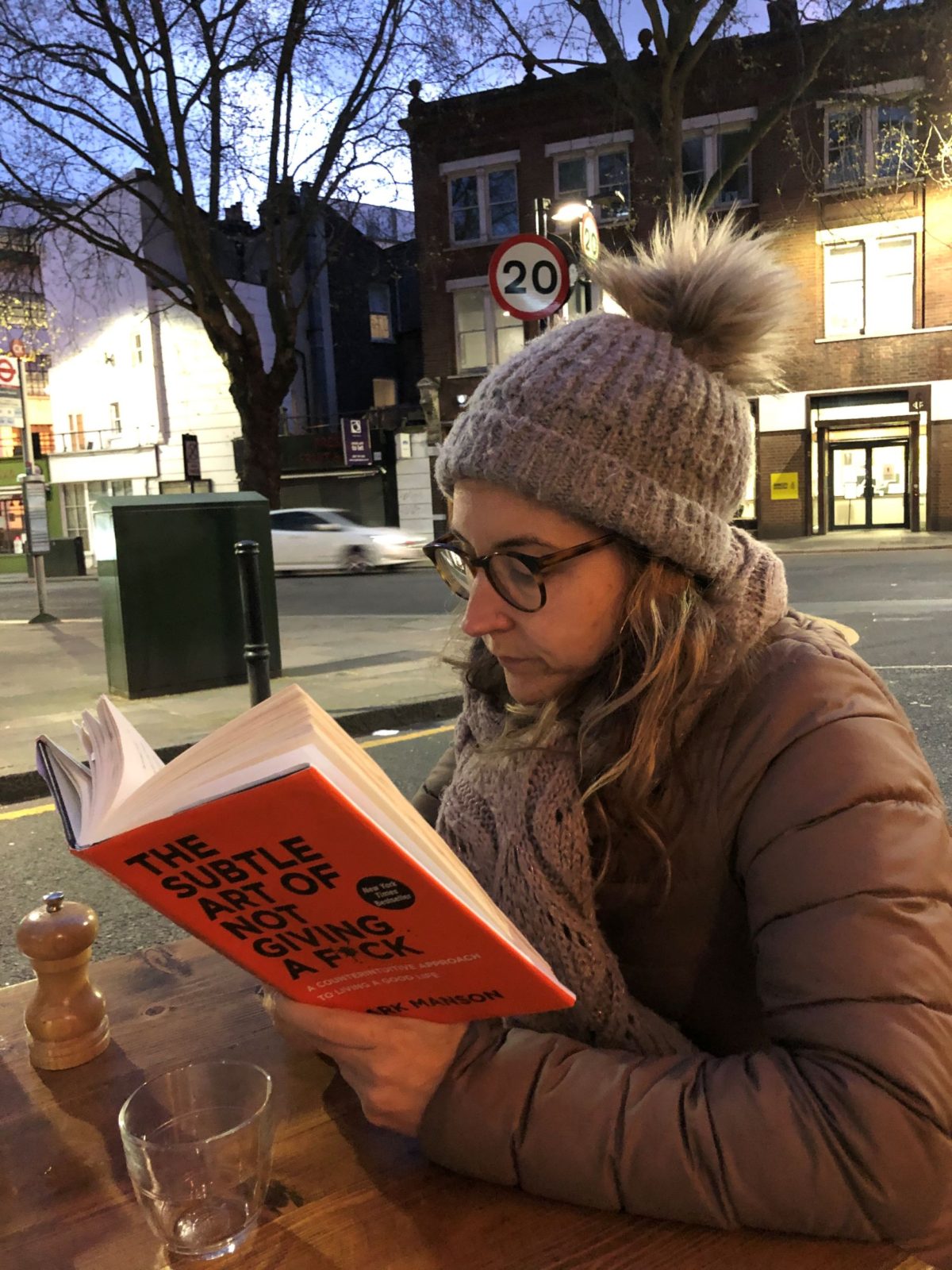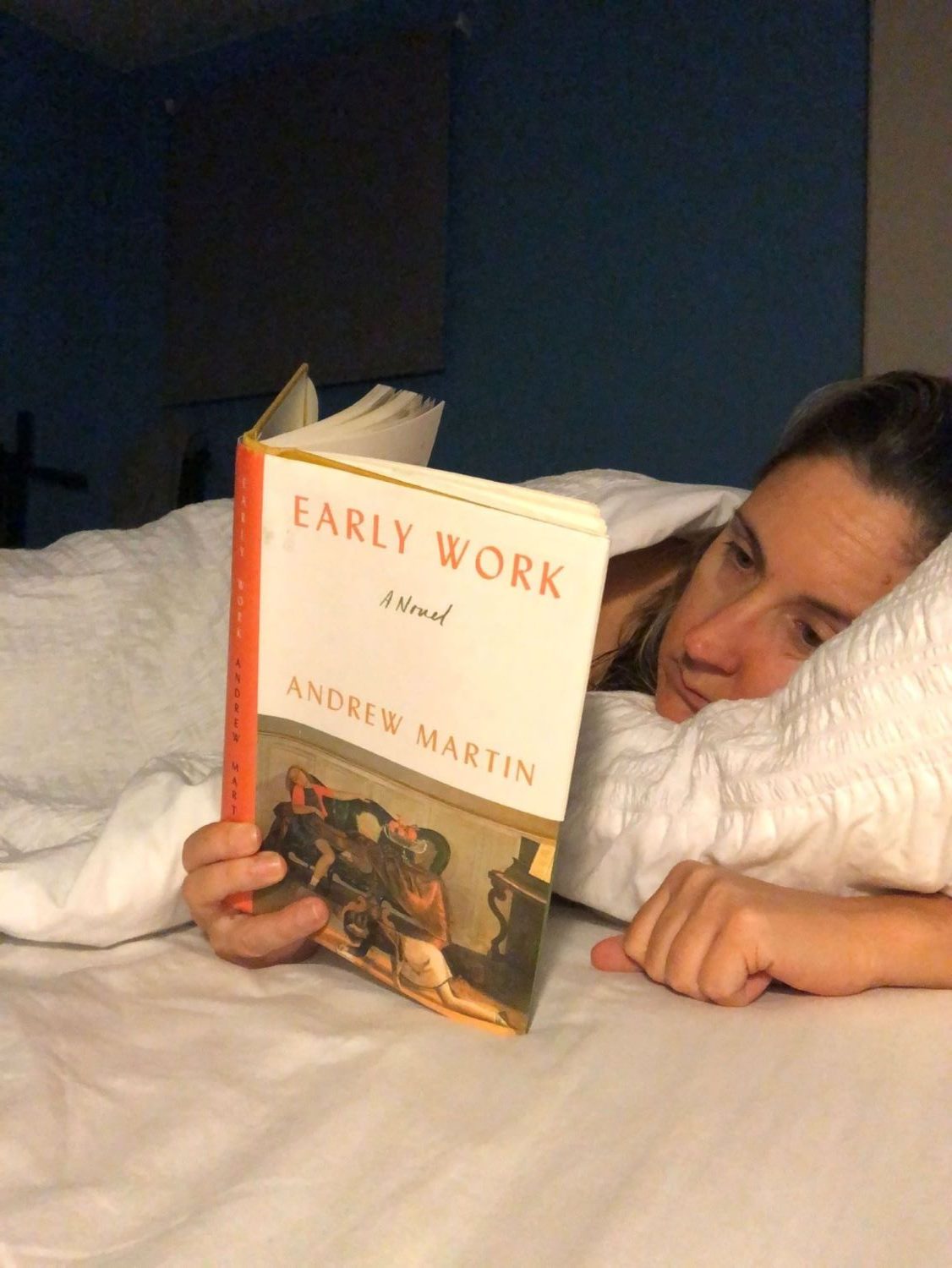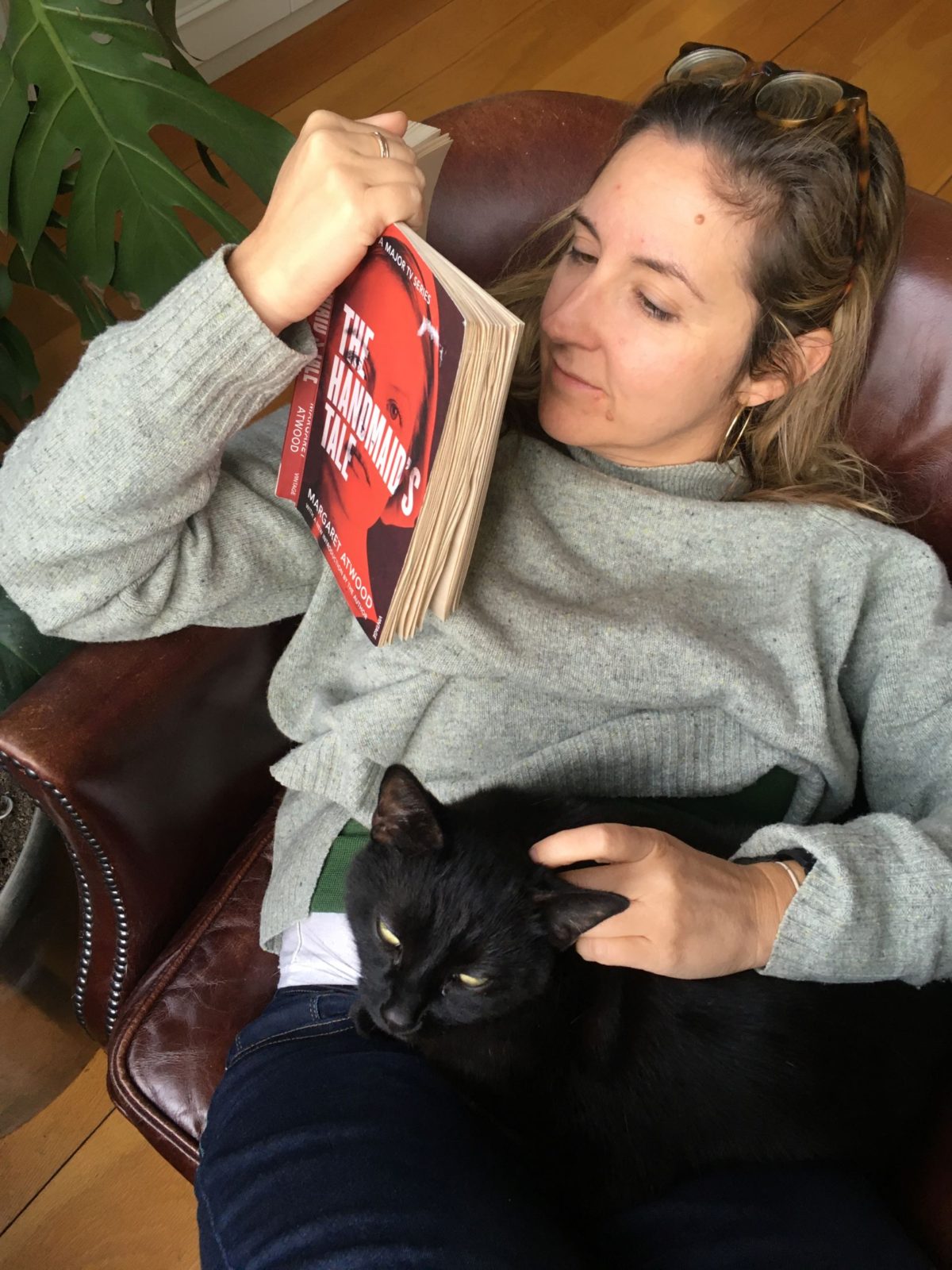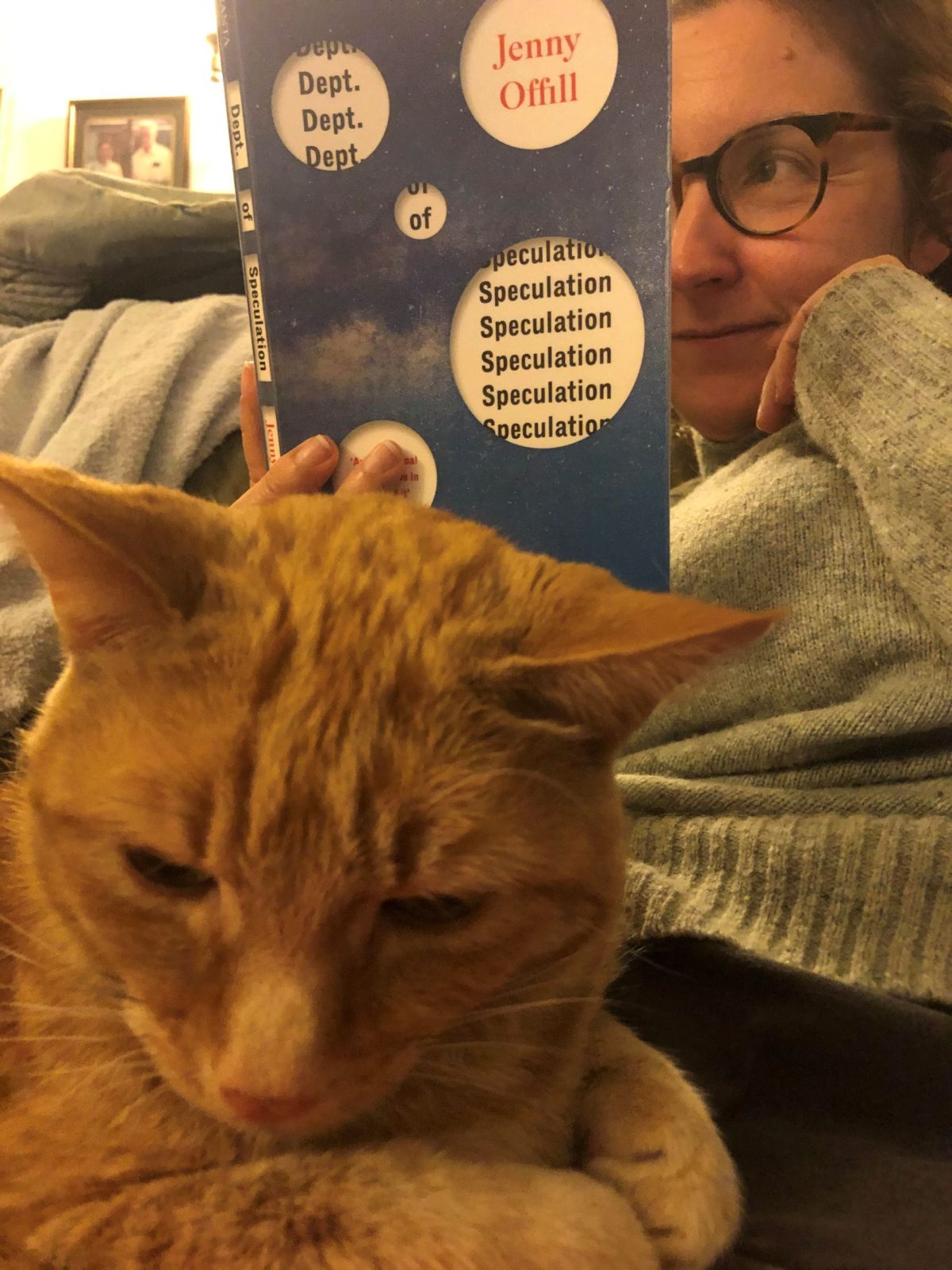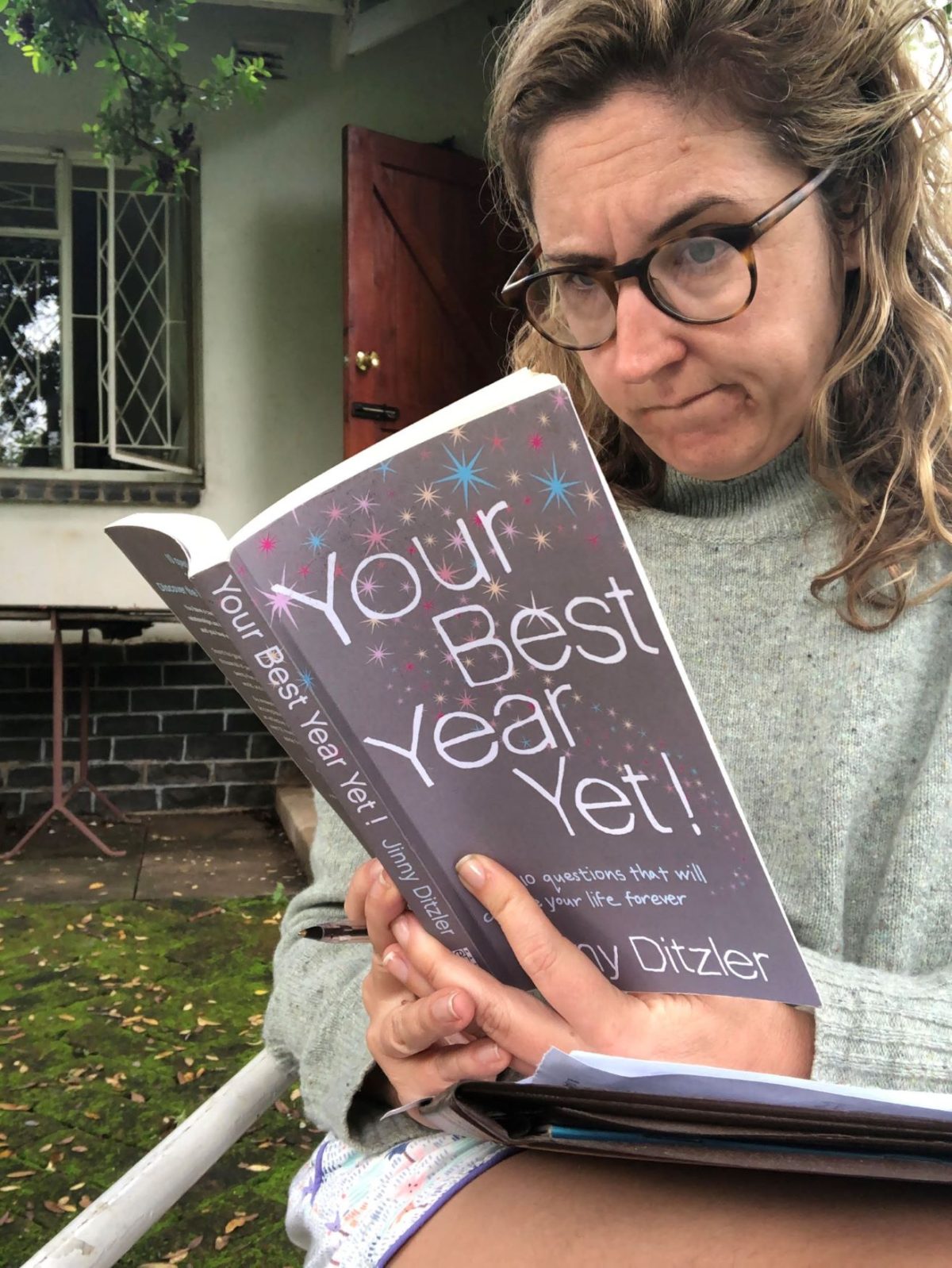My third time through this excellent book, and I like it even more on the re-read than I did before.
It’s the story of a four month relationship between two New York hipsters, both aspiring writers. It tries to answer the age-old question, is it you or is it me, and the answer is, as it always is, that it’s both. Or it’s neither.
Part of the power of the book is that it is written from the man’s perspective, but the author is a woman. I have tried and tried to figure out what is so powerful about this book, and I think somehow this is part of it: there is a giant effort of imagination to see it from the other side. I note I am struck once again, as I was when I first read it in 2013, by this:
As they were getting into bed, she told him that he was treated like a big shot because he was a guy and had the arrogant sense of entitlement to ask for and expect to get everything he wanted, to think no honor too big for him. The funny thing was that Nate thought there was a great deal of truth in this. But he thought she could stand to ask for more. His main criticism of her, in terms of writing, was that too often she wasn’t ambitious enough. She should treat each piece as it if mattered, instead of laughing off flaws proactively, defensively, citing a ‘rushed job’ or an ‘editor who’d mess it up anyway’ . . .”
I’m also struck this time through by the complexity. He meets the girl randomly at a party, some time after breaking up with her, and drunkenly goes home trying to figure out why he dumped her. He wakes up feeling happy. The last few lines are:
In a few days, it would be as if this night never happened, the only evidence of it an unsent email automatically saved to his drafts folder (“Dear Hannah … “). He’d no more remember the pain – or the pleasure – of this moment than he would remember, once he moved into the new apartment, the exact scent of the air from his bedroom window at dawn, after he’d been up all night working.
I love this. It’s so true how hard it is to figure out how you really feel.

